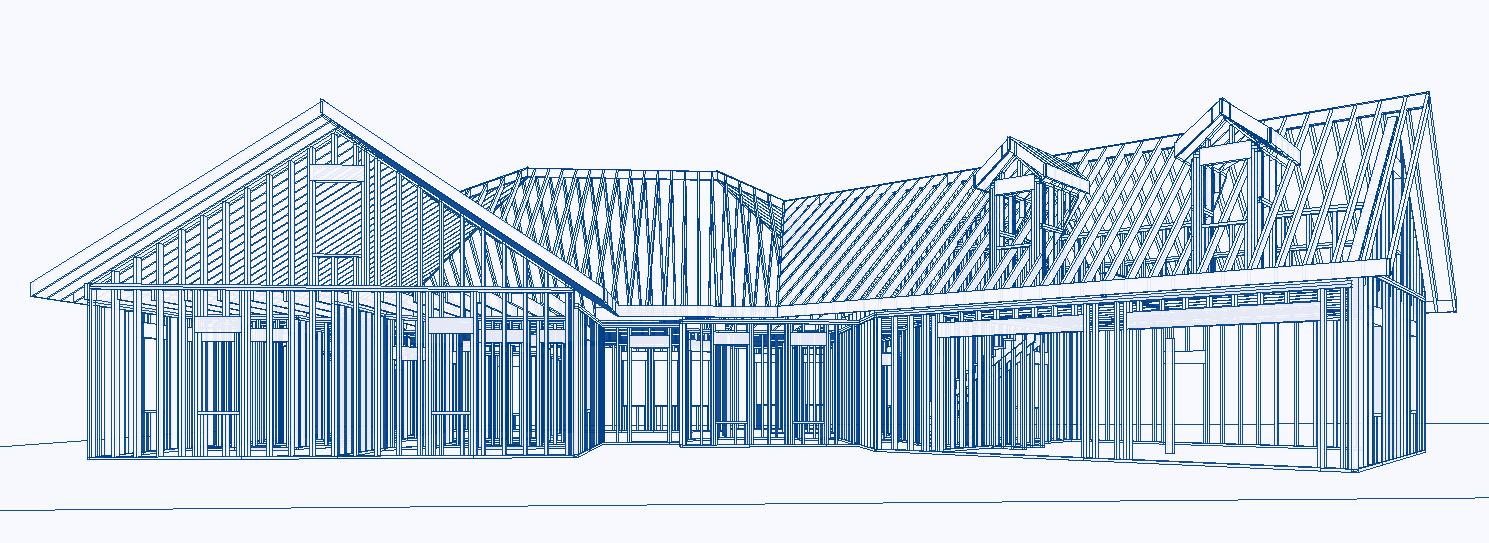
In other nations there are wars over water. The continent of Africa and elsewhere is seeing an increasing demand on potable water and water for irrigation. I will not leave my family at the mercies of a government system, municipal worker, or on 75 year old pipes. Do your own research and check it out for yourself. Simply type in Global Water Wars or words to that effect and read the data/news/speculation/hype/scaremongering or however you want to categorize it. As the world’s population grows so too does its demand on water. If you think it does not affect you here in the US you might want to do further research. The demand on the breadbasket of the world (the US) is growing. Our use of water nation wide for irrigation, landscaping and entertainment is growing. Many states have already imposed limitations that impact families and businesses. Check out the news on California, or how about Arizona’s need to secure water for Phoenix and Tucson, how about sink holes in the Southwest, what about the NM/TX water dispute over the flow of the Rio Grande into TX? All of these factors and many others put increased pressure on government agencies to create more restrictions and raise taxes on use of water.

I have taken matters into my own hands by finding land where drilling a well is permissible. In most cases you cannot do that in the city, and many residential areas of the suburbs do not permit it either. There are cities and other municipalities that ration water usage by law. Each city, county and state has different laws and restrictions. Start by doing some research into where you want to build your homestead. Get the facts; find out which regions are hurting for water, which ones suffer from contaminants and which ones are pushing for more restrictions and taxation. Here is a good start: http://pubs.usgs.gov/circ/2005/1279/pdf/circ1279.pdf
We have land in New Mexico. We are in a rural area and we are permitted to drill a domestic well. Our well was drilled to a depth of 320’ to secure a consistent supply of fresh water from the aquifer. In NM you can service one acre from a domestic well. That should be enough to grow enough crops and tend a few animals, and if you are inclines, have some productive landscaping. From the enclosed photo, where the stand pipe from the capped off well can be seen, it may not look like a great place to start a homestead, but basic concepts such as hugelkultur, constructions of swales to capture rain water and use of a cistern to collect runoff will turn this into a lush environment within a few years. You can also purchase additional water rights. The cost can be a little as $1,500 per acre up to several thousand depending on quality of water right and source.
We also purchased some land in Colorado. The land has a small year-round stream and we are waiting for our well to be drilled. With any luck it will be complete before the end of January, weather permitting.. We were told it should be between 100’ and 180’ to get consistent, good water. CO requires that you have at least 35 acres before you can drill a well for domestic use. That explains why most parcels of land are at least 35 acres. That is one of Colorado’s measures to restrict water use and keep the aquifers replenished. Each state and regions uses different measures. NM had at one time threatened to put a water meter on every private well. That measure has not passed, but depending on future usage and shortages that could change also.
Wherever you decide to homestead, I urge you to secure a suitable supply of water; one that is controlled by you, with only the minimum of restrictions imposed by others.





